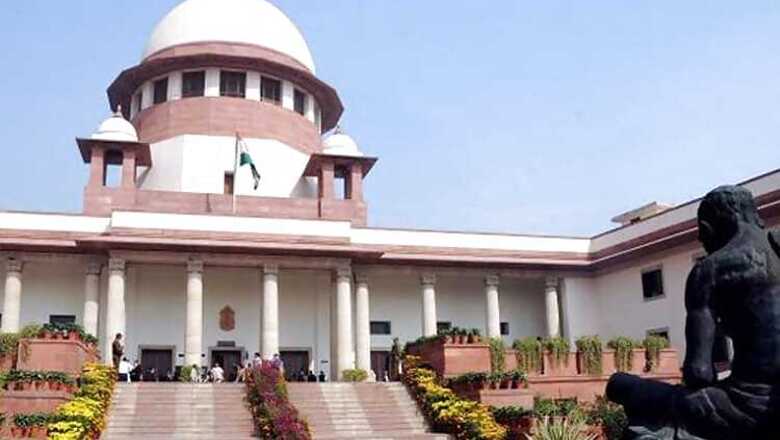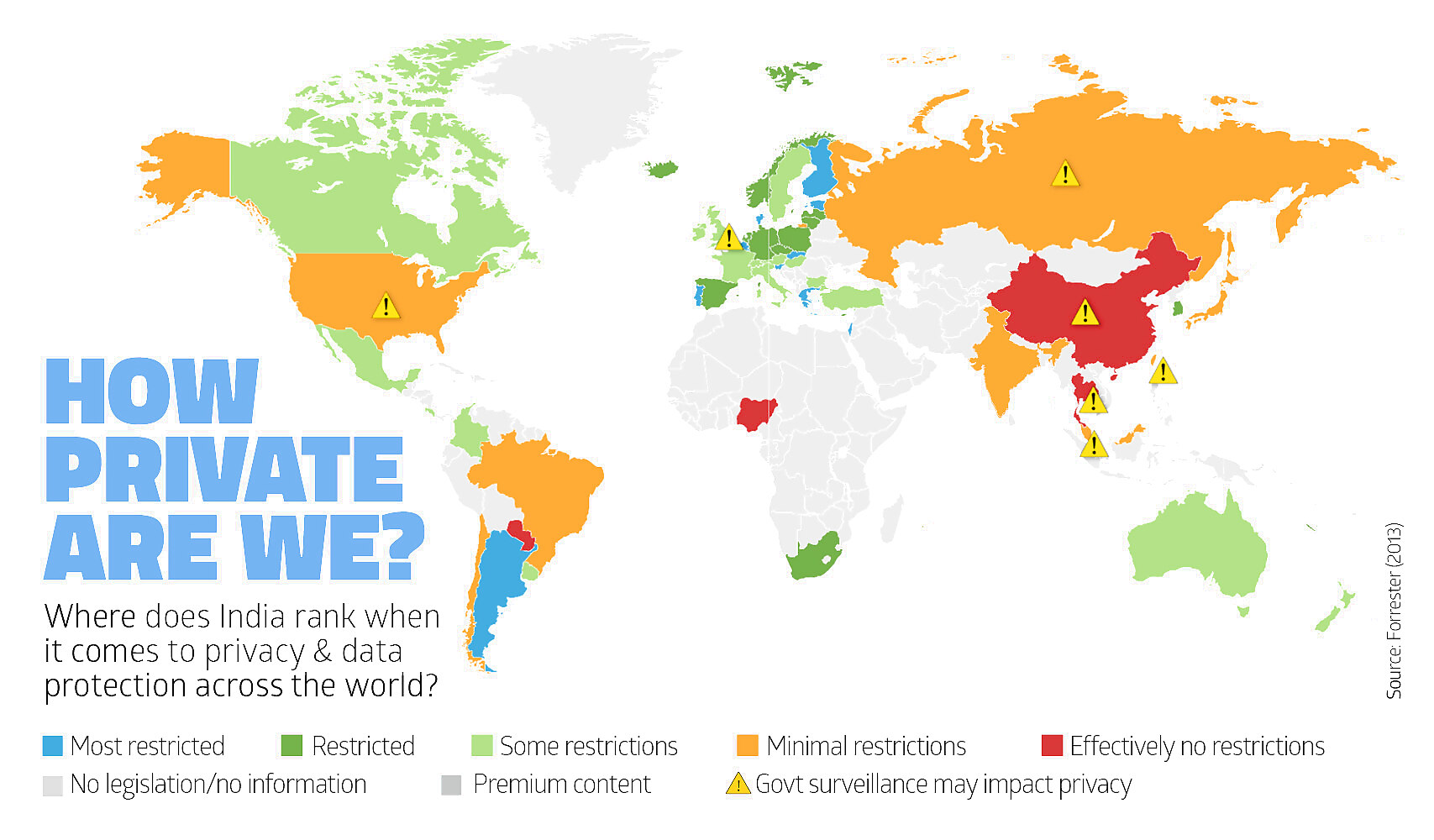
views
New Delhi: On July 22, 2015, the central government raised for the first time its contentions on status of the right to privacy under the Indian Constitution.
The then Attorney General, Mukul Rohatgi, created a flutter by stating that a nine-judge bench should reconsider all decisions of the Supreme Court in last six decades on this issue.
Almost two years later, the apex court on Tuesday accepted that a nine-judge bench should be constituted to scrutinise “correctness” of its judgments on the subject.
A five-judge bench, presided over by Chief Justice of India JS Khehar, said that it was opportune that a larger bench examine whether right to privacy is a fundamental right or not.
The Constitution doesn’t specify the right to privacy as a right but it is through judicial interpretations that several rights are read into the constitutional scheme. Right to privacy is sought to be read as a facet of fundamental rights relating to life and liberty (Article 21) or the right to free speech, movement and peaceful association (Article 19).
What necessitates setting up the nine-judge bench is a six decade old ruling by an eight-judge bench of the top court.
In ML Sharma case, the eight-judge bench ruled in 1954 that the right to privacy cannot be a fundamental right. That judgment held that when the Constitution-makers chose not to prescribe for constitutional limitations by recognising the fundamental right to privacy, “there is no justification for importing into it, a totally different fundamental right by some process of strained construction”.
Another SC judgment by a six-judge bench in 1963 held that “the right of privacy is not a guaranteed right under our Constitution”.
But the apex court sought to reverse this position in 1970s and carried on with the new proposition. In Maneka Gandhi's case and in subsequent decisions, the SC emphasised that the right to privacy can be construed as a fundamental right subject to certain restrictions and circumstances.
But notably, all these judgments were by the smaller benches and therefore, legally, what the eight-judge and six-judge benches said about the right to privacy, per se, stood the good law.
In August 2015, a three-judge bench, while adjudicating a clutch of petitions relating to validity of Aadhaar scheme, underlined the dichotomy and said the contradictory views of the top court in these judgments required to be reconciled.
The issue cropped up after petitioners against Aadhaar claimed that collection and sharing of biometric information was a breach of their “fundamental” right to privacy. They argued that the Constitution has to be read as a dynamic document, requiring interpretations to suit modern times.
On Tuesday, Attorney General KK Venugopal told the five-judge bench that if the court wished to appreciate the petitioners’ arguments on right to privacy, it should either accept the eight-judge bench decision that it is not a fundamental right or to reopen the entire debate by having this issue examined by a nine-judge bench.
The court agreed with the second proposition, observing it was "essential" to examine if what the eight-judge bench held was "constitutionally correct".
The CJI also clarified that the larger bench will lay down the law on right to privacy — not just for Aadhaar but as a constitutional principle in all cases for decades to come.
Once this issue is settled, the matter will come back to the five-judge bench to decide whether Aadhaar violates the right to privacy — whose contours will be authoritatively defined by that time.

(The article was first published on July 19, 2017)















Comments
0 comment